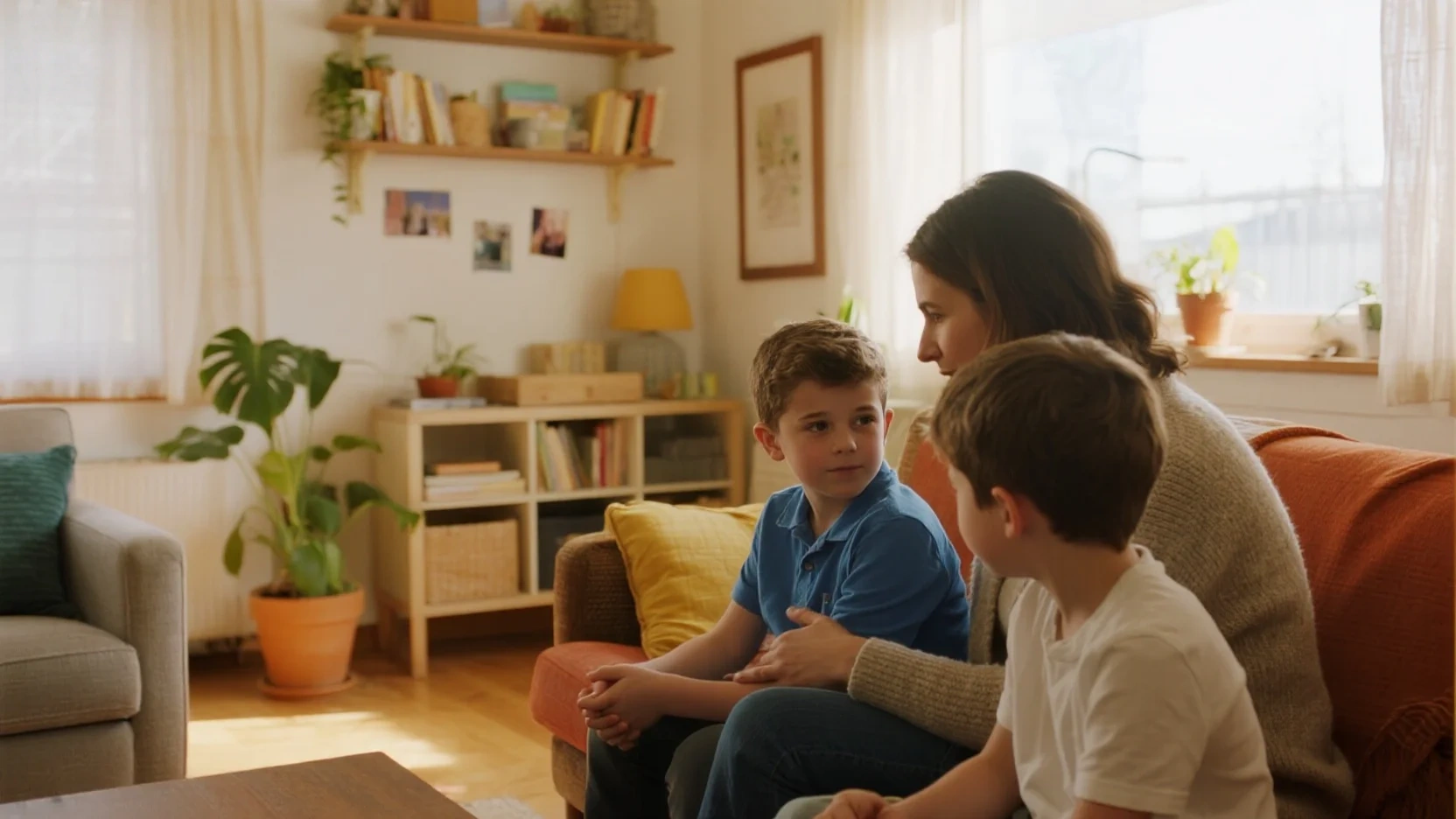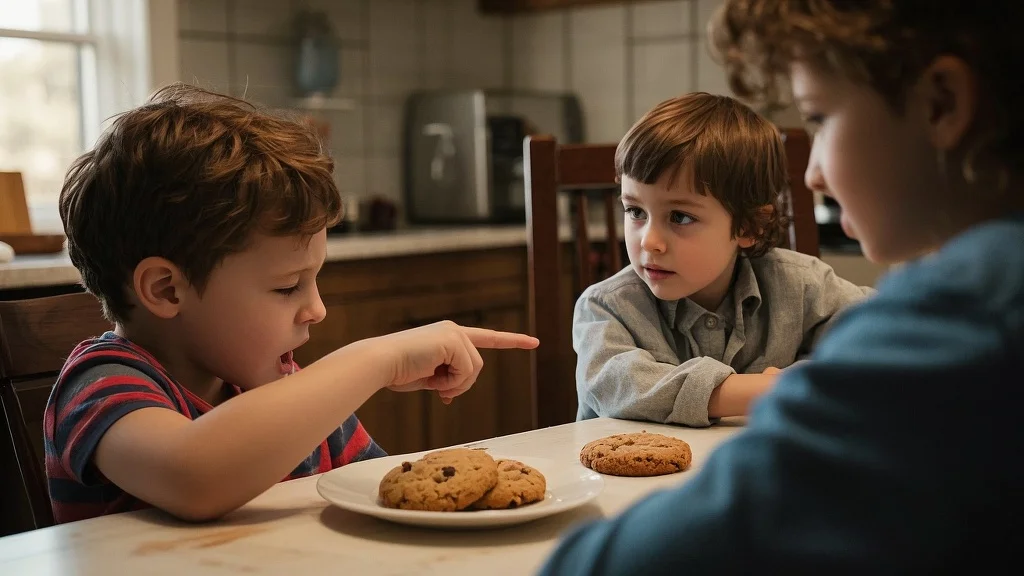Gossiping is a common behavior in children, but it can be managed with guidance. To stop kids from gossiping, parents should teach them what gossip is, discuss its impact, model respectful communication, encourage open dialogue, and reinforce positive behavior.
By understanding and addressing the reasons behind gossip, children can learn to communicate respectfully and develop empathy for others.
What Is Gossip?
Many children gossip out of curiosity, peer pressure, or a desire to connect socially. It’s important to help them understand the difference between sharing information and gossiping:
- Sharing information: Talking about a friend’s achievements or asking questions about schoolwork.
- Gossiping: Talking about someone’s personal matters or spreading unverified information when that person isn’t present.
Using age-appropriate examples makes this distinction clear and helps children recognize inappropriate behavior.
Discuss the Impact
Children often don’t realize that gossip can hurt feelings, spread misinformation, and damage relationships. Talking about the emotional consequences helps them develop empathy. You can ask questions like:
- “How would you feel if someone said that about you?”
- “Do you think sharing this story is kind or respectful?”
This encourages children to consider the impact of their words before speaking.
Model Positive Communication
Kids learn a lot by watching adults. Parents and caregivers should:
- Avoid gossiping themselves, especially in front of children.
- Demonstrate how to handle conflicts or share news respectfully.
- Use constructive language when discussing others.
Modeling respectful communication sets a strong example for children to follow.
Encourage Open Dialogue
Creating an environment where children feel safe expressing their thoughts reduces the need for gossip. Encourage them to:
- Speak directly to the person involved if they have concerns.
- Ask questions or clarify situations rather than assuming facts.
- Approach conversations with kindness and respect.
Providing guidance on how to handle tricky social situations equips children with practical communication skills.
Reinforce Positive Behavior
When children successfully avoid gossip and handle situations respectfully, acknowledge and praise their behavior. Positive reinforcement encourages them to continue practicing empathy and thoughtful communication.
By consistently teaching, modeling, and reinforcing respectful communication, parents can help children break the gossip habit and build stronger, more empathetic relationships with their peers.








